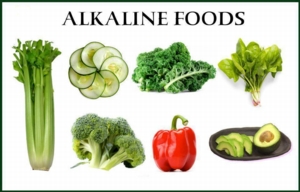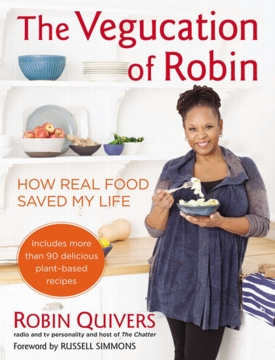- High content of flavonoids in foods may regulate blood glucose levels
- Flavonoids are antioxidants found in berry fruits, red wine and chocolate
- They can protect against a wide range of health issues including obesity

High levels of falvonoids in chocolate may help guard against diabetes
It sounds like the ingredient list for an indulgent dessert. But red wine, chocolate and strawberries are more than a guilty pleasure. They could all help guard against diabetes.
A study found for the first time the high content of flavonoids found in berry fruits may regulate blood glucose levels, and stave off type 2 diabetes.
Flavonoids are antioxidant compounds found in plants, as well as tea, red wine and chocolate, which can protect against a wide range of diseases, including heart disease, hypertension, some cancers and dementia.
The study found the main protective effect came from higher intakes of anthocyanins, which are present in strawberries, blackcurrants, blackberries and blueberries. Continue reading


 Around 237,000 people now have Dr. Dwight Lundell’s confession on their Facebook walls. His essay, headlined “Heart Surgeon Declares On [sic] What Really Causes Heart Illness,” was published on a website called Tuned Body in December. Over the past month it has taken off across social media with phenomenal force.
Around 237,000 people now have Dr. Dwight Lundell’s confession on their Facebook walls. His essay, headlined “Heart Surgeon Declares On [sic] What Really Causes Heart Illness,” was published on a website called Tuned Body in December. Over the past month it has taken off across social media with phenomenal force. A diet rich in fruits and vegetables is one of the best ways to reduce your risk of cancer, and numerous studies have suggested that tomatoes in particular have a strong cancer-preventing effect. People whose diets contain more tomatoes have been shown to develop cancers at significantly lower rates, particularly cancers of the breast and prostate.
A diet rich in fruits and vegetables is one of the best ways to reduce your risk of cancer, and numerous studies have suggested that tomatoes in particular have a strong cancer-preventing effect. People whose diets contain more tomatoes have been shown to develop cancers at significantly lower rates, particularly cancers of the breast and prostate. Recently our government went into a shutdown when a portion of the Republican Party fought to block funding for the Affordable Care Act, otherwise known as Obamacare. Many people I spoke to said that the government did have the authority to enact Obamacare and that affordable medical insurance is a right that all people have. My point in writing this article is not to argue the legality of Congress having enacted Obamacare, but rather to discuss health and the medical and pharmaceutical industry in general.
Recently our government went into a shutdown when a portion of the Republican Party fought to block funding for the Affordable Care Act, otherwise known as Obamacare. Many people I spoke to said that the government did have the authority to enact Obamacare and that affordable medical insurance is a right that all people have. My point in writing this article is not to argue the legality of Congress having enacted Obamacare, but rather to discuss health and the medical and pharmaceutical industry in general. One of the keys to maintaining optimal health is discovering the correct way to eat food in order to maximize your alkaline potential, and in turn prevent chronic disease from developing in your body. But in order to do this, you have to first learn which foods are alkaline-forming, and which are acid-forming, as well as how to eat them in balance.
One of the keys to maintaining optimal health is discovering the correct way to eat food in order to maximize your alkaline potential, and in turn prevent chronic disease from developing in your body. But in order to do this, you have to first learn which foods are alkaline-forming, and which are acid-forming, as well as how to eat them in balance. We have been wrongly advised to avoid saturated fat and cholesterol, despite no evidence of harm.
We have been wrongly advised to avoid saturated fat and cholesterol, despite no evidence of harm. A bowl of wild blueberries a day could protect against a range of health problems including obesity, heart disease and diabetes.
A bowl of wild blueberries a day could protect against a range of health problems including obesity, heart disease and diabetes. How would you like to live in a land where cancer has not yet been invented? A land where an optometrist discovers to his amazement that everyone has perfect 20-20 vision? A land where cardiologists cannot find a single trace of coronary heart disease? How would you like to live in a land where no one ever gets ulcers, appendicitis or gout? A land where men of 80 and 90 father children, and there’s nothing unusual about men and women enjoying vigorous life at the age of 100 or 120?
How would you like to live in a land where cancer has not yet been invented? A land where an optometrist discovers to his amazement that everyone has perfect 20-20 vision? A land where cardiologists cannot find a single trace of coronary heart disease? How would you like to live in a land where no one ever gets ulcers, appendicitis or gout? A land where men of 80 and 90 father children, and there’s nothing unusual about men and women enjoying vigorous life at the age of 100 or 120?



